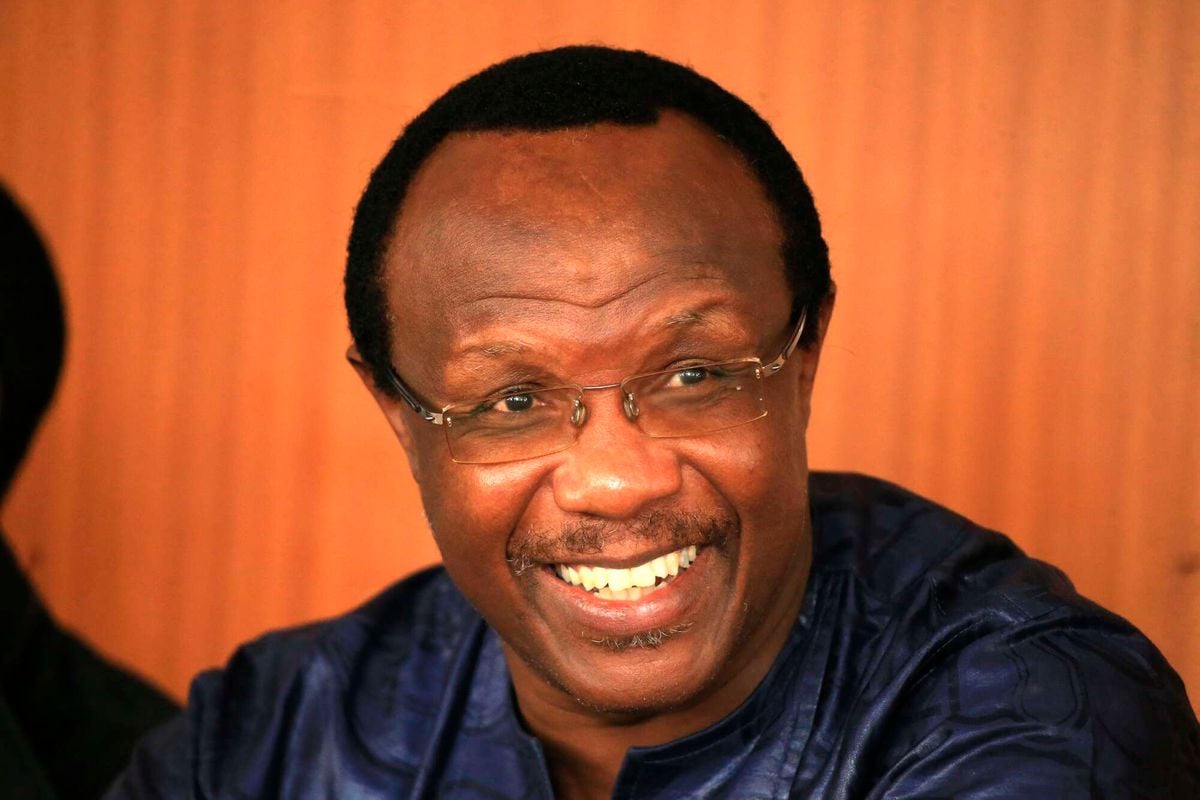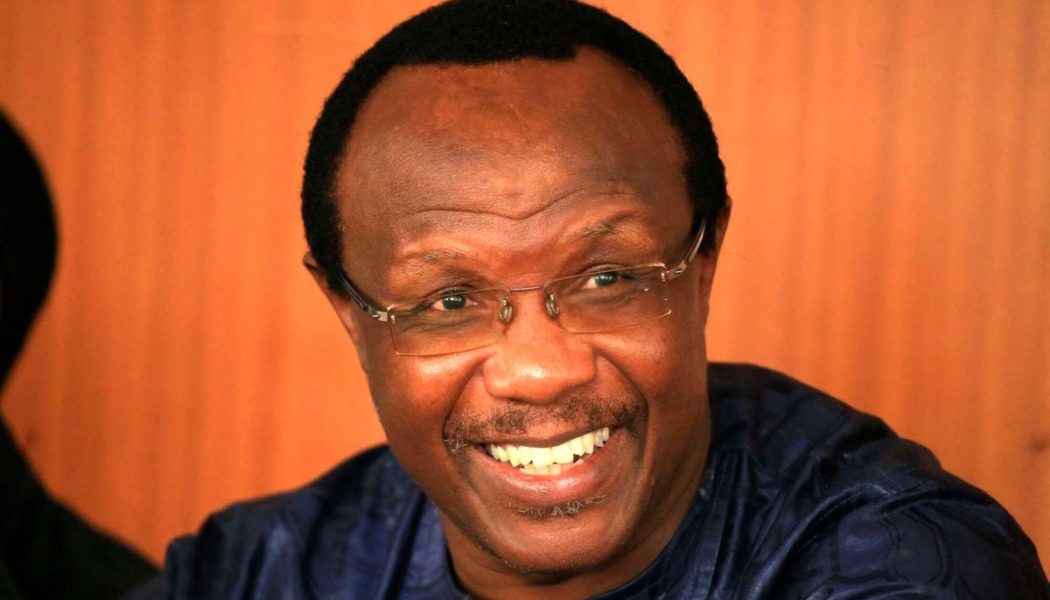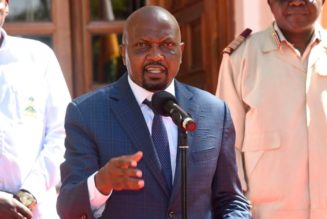
The cost of maintaining a team advising President William Ruto will cross the Sh1 billion mark, underlining the burden of hiring consultants in government.
Budget documents tabled in Parliament show that the six advisory units will spend Sh1.14 billion in the year starting July, up from Sh977 million in the current fiscal year.
The high-profile advisers including David Ndii, Henry Rotich and Monica Juma will splurge the bulk of the hundreds of millions on salaries, travel and entertainment.
This emerges in an era where the State is racing to cut unnecessary expenditures, such as trips abroad and hospitality spending, to rein in a gaping fiscal deficit.
The advice-givers and their support staff will consume Sh759 million on pay, travel and entertainment, shining the spotlight on the outsized role of advisers under the Ruto presidency relative to his predecessors Mwai Kibaki and Uhuru Kenyatta.
While a string of advisers under Kenyatta and Kibaki preferred to operate in the shadows of Cabinet Secretaries and Principal Secretaries, the consultants attached to Dr Ruto have been overt and influential with Dr Ndii being the poster boy of the realignment.
This battery of advisers, with their offices, domiciled at State House, wield incredibly huge influence on policy-making, yet they only answer to one person: President Ruto.
The advisers have been deeply involved in executive decisions, notably those touching on economic policy as Kenya models its presidential advisory role on the United States.
The rationale is that in presidential systems that Kenya adopted under the 2010 Constitution, the President sits at the apex of policy-making, and therefore, his advisers have executive roles.
But this has come with an additional burden to taxpayers: The six advisory units will blow Sh280.5 million in salaries and perks for the year starting July, up from Sh207.8 million this year, a 35 percent jump.
The budget for the advisers is under the policy analysis and research unit of the State House whose allocation has grown more than tenfold from Sh87.2 million in the last year of Uhuru Kenyatta’s presidency to the current Sh977 million.
Mr Kenyatta had a loose advisory arrangement with the budget for his advisers not clearly spelt out in State financial statements.
Under Ruto, three of the six advisory units that deal with the economy—the office of economic transformation, council of economic advisers and fiscal affairs and budget policy—accounted for more than half of the budget.
Dr Ndii is the chair of the Presidential Council of Economic Advisers, the most prominent of the six.
Its other members are prominent investment banker Mohammed Hassan and Nancy Laibuni, formerly of the Kenya Institute for Public Policy Research and Analysis (Kippra), a leading policy research and analysis group.
Aside from salaries, Dr Ndii’s team has been allocated Sh194.5 million for the year starting July. They will spend Sh88 million on travel, Sh23 million on entertainment and Sh9.4 million on communication items like mobile phones and airtime.
Dr Ndii has pushed for budget cuts, especially on non-essential items in Kenya’s quest to attain a balanced budget in the next three years.
Kenya has in the past decade been running wide fiscal deficits to fund a range of ambitious infrastructure projects, but the stance nearly backfired when markets started to question the government’s ability to repay the debts.
Apart from cutting spending and reducing the budget deficit, Dr Ruto’s government, which took office in 2022, has also been introducing new taxes, angering some individuals and groups who have challenged the taxes in court.
Apart from the council, Henry Rotich, who served at the National Treasury for six years as Cabinet Secretary, occupies the position of senior adviser and head of the Office of Fiscal Affairs and Budget Policy.
Mr Rotich was tapped to the position in February after the courts terminated his graft suit, which saw him hounded out of office on the accusation of fraud involving Sh63 billion tenders for two dams.
His office has been allocated Sh100 million with travel consuming Sh41 million.
These individuals have not only been responsible for the President’s recent love affair with econ-speak, but they have also played a major role in crafting and shaping Kenya Kwanza’s controversial policy decisions, including taxation.
The little-known Augustine Cheruiyot is the senior adviser and head of the economic transformation secretariat and has largely been pulling the strings from behind the scenes.
His office had the largest allocation at Sh239.4 million, with travel and entertainment consuming Sh107 million and Sh35 million respectively.
Dr Ruto, who was deputy President in the last government, rose to power in 2022 after casting himself as a hustler, vowing to ease the financial burden on the rank and file. He placed the economy at the heart of his presidency in the middle of high unemployment, sky-high inflation and mounting public debt.
But he faced mass protests after slashing budgets, removing subsidies and levying new taxes in a bid to raise revenue after a sharp drop in the Kenyan shilling against the US dollar.
Besides the core team of economic counsellors, other advisers are on security, women’s rights and climate change, the last Dr Ruto’s other pet subject.
Former Cabinet Secretary in Uhuru Kenyatta’s government, Monica Juma, heads the office of national security adviser. Her office has been allocated Sh109 million.
The office of women’s rights adviser is under Harriette Chiggai and she will have Sh129 million for running her office.
While President Ruto has emerged as a key voice of Africa’s climate targets, the office that advises him on environmental matters has the smallest allocation.
Under former Principal Secretary, Ali Mohamed, the office of climate change adviser has been allocated Sh55 million.
Dr Ruto’s push to catalyse the continent’s climate goals has made him a darling of the West with the crown being Kenya’s hosting of a summit last September that drew leaders from around the globe.









